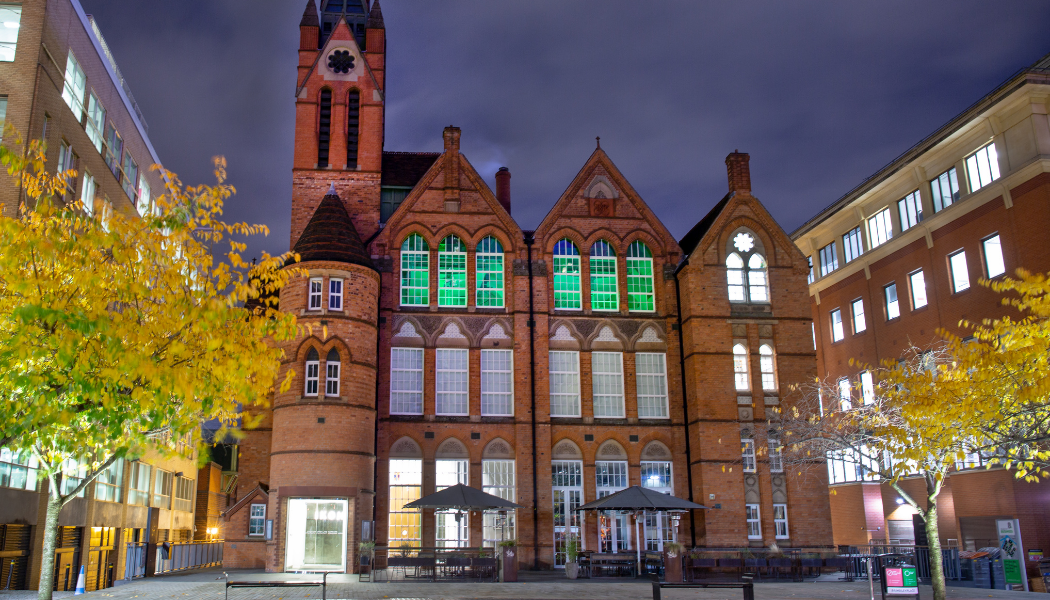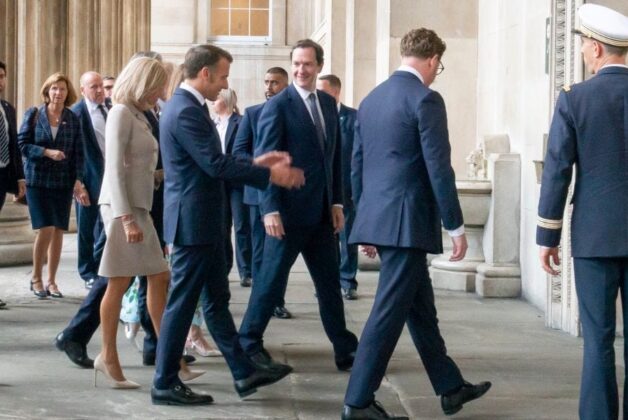The gallery is among organisations set to have its council funding pulled as the city looks to make significant savings
As Birmingham and Nottingham councils announce significant cuts to cultural funding i, concerns arise over the broader implications for cultural services nationwide.
Birmingham’s cuts total £149m this year and at least the same next year.
The city’s Ikon Gallery is among nine cultural organisations in the city which will see grants reduced and then stopped. Its grant will fall by 50% this year and 100% next year.
Ian Hyde, Chief Executive Officer of Ikon told Advisor that it was a challenging time for the city of Birmingham as a whole, but that it hoped to stay open and free to visitors.
“As well as our fellow arts organisations, including theatres and orchestras, the wider impact will include artists and community partners which are critical to the culture of the city,” he said.
Hyde said despite recent headlines, the bulk of the financial pressure caused by funding reductions had already been felt.
Established in 1965, its annual grant from Birmingham City Council has fallen from a high of circa £300,000 in previous years to £19,700 this year.
The charity-run gallery is supported by public funds elsewhere, as Arts Council England’s NPO investment totals £902,621 per year.
The loss of what remains of its Birmingham City Council funding “will impact on how the gallery serves the city’s communities and our audiences,” he said. “Ikon is 60 years old this year. We are determined to stay open and free for everyone.”
Also to be cut is support for Birmingham Heritage Week, which will see a 100% cut in council funding from next year.
Last September Birmingham City Council issued a Section 114 notice, the council equivalent of bankruptcy. Nottingham Council did the same in November 2023.
According to the Local Government Association, almost one in five council leaders and chief executives in England think it is “very or fairly likely” that their chief finance officer will need to issue a Section 114 notice this year, or next, due to a lack of funding to keep key services running.
It estimates that councils in England face a £4 billion funding gap over the next two years.
The government announced last week that 19 councils are set to be granted exceptional financial support for the next financial year with the largest capitalisation direction at £1.2bn.
Cllr John Cotton, Leader of Birmingham City Council, said its situation “has been made much worse by a national crisis in local government finance.
“A combination of austerity and underfunding – Birmingham has lost over £1 billion in funding since 2011 – added to a rising demand for services and inflation mean that, across the country, local authorities are facing some of the biggest budget challenges in living memory.”
A new partnership of organisations representing local government has been launched by the Local Government Association in a bid to create new ways to sustain culture services in the future.
The National Alliance for Cultural Services brings together representative groups from local government, in the hopes of championing and supporting the future of local cultural services.
It hopes to help local authorities in England to “find solutions to challenges by supporting independent, transparent and informed long-term decisions”.
Its Advisory members include Arts Council England, the National Lottery Heritage Fund, and Historic England.
Responding to the Budget, Cllr Shaun Davies, Chair of the Local Government Association, said: “Councils of all political colours are starting this financial year in a precarious position, and having to scale back or close a wide range of local services, so the continued squeeze in public spending in the years ahead is a frightening prospect for communities.”



